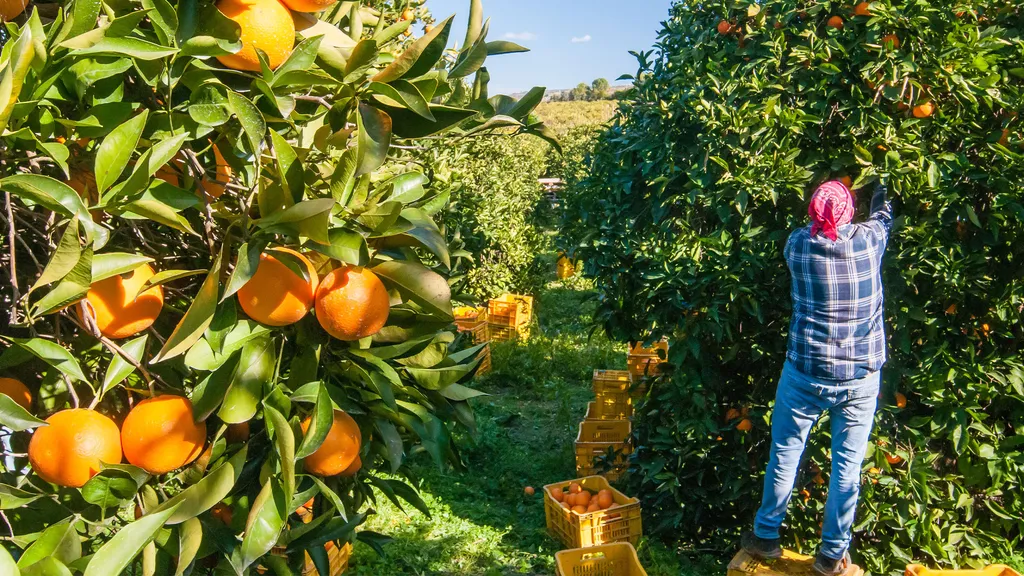In the sun-drenched Mediterranean Basin, where greenhouse horticulture thrives, a silent crisis is unfolding. Climate change is subtly but surely reshaping the region’s agricultural landscape, and a recent study published in *Plants* sheds light on the challenges and adaptation strategies for this vital sector. The research, led by Dimitrios Fanourakis from the Laboratory of Quality and Safety of Agricultural Products at the Hellenic Mediterranean University, offers a comprehensive look at how escalating climate stressors are impacting greenhouse horticulture and what can be done to mitigate these effects.
The Mediterranean region is a powerhouse of greenhouse horticulture, producing a significant portion of the world’s tomatoes, cucumbers, and sweet peppers. However, the sector is facing unprecedented challenges due to climate change. “Elevated temperatures, water shortages, and modified solar radiation are intensifying abiotic stressors, threatening both crop productivity and postharvest performance,” explains Fanourakis. These changes are not only affecting crop development but also altering pest and disease patterns, energy and water requirements, and the greenhouse microclimate itself.
Among the crops studied, cucumbers emerged as the most sensitive to climate-induced shifts, while sweet peppers showed the highest resilience. This variability underscores the complexity of the issue and the need for tailored adaptation strategies. The study highlights several promising approaches, including precision irrigation, structural retrofitting measures, renewable energy integration, Decision Support Systems, and the development of climate-resilient cultivars.
The commercial impacts of these changes are profound. Greenhouse horticulture is a cornerstone of year-round vegetable production, and any disruption to this sector can have far-reaching economic consequences. The study’s findings suggest that the future of greenhouse horticulture in the Mediterranean Basin will depend on integrated, technology-driven, and region-focused approaches. This means not only adopting new technologies but also fostering supportive policy frameworks and targeted research priorities.
The research also reveals diverse country-specific innovations, highlighting the importance of regional collaboration and knowledge sharing. As Fanourakis notes, “The sustainability of greenhouse horticulture under a changing climate demands a collective effort.” This collective effort will require stakeholders from across the agricultural sector to come together and develop comprehensive adaptation strategies.
The study published in *Plants* serves as a wake-up call for the agricultural community. It underscores the urgent need for action and provides a roadmap for navigating the challenges posed by climate change. As the Mediterranean Basin continues to grapple with these issues, the insights gleaned from this research will be invaluable in shaping the future of greenhouse horticulture in the region and beyond. The findings could also influence developments in other regions facing similar climate-induced stressors, making this study a significant contribution to the global agricultural community.

